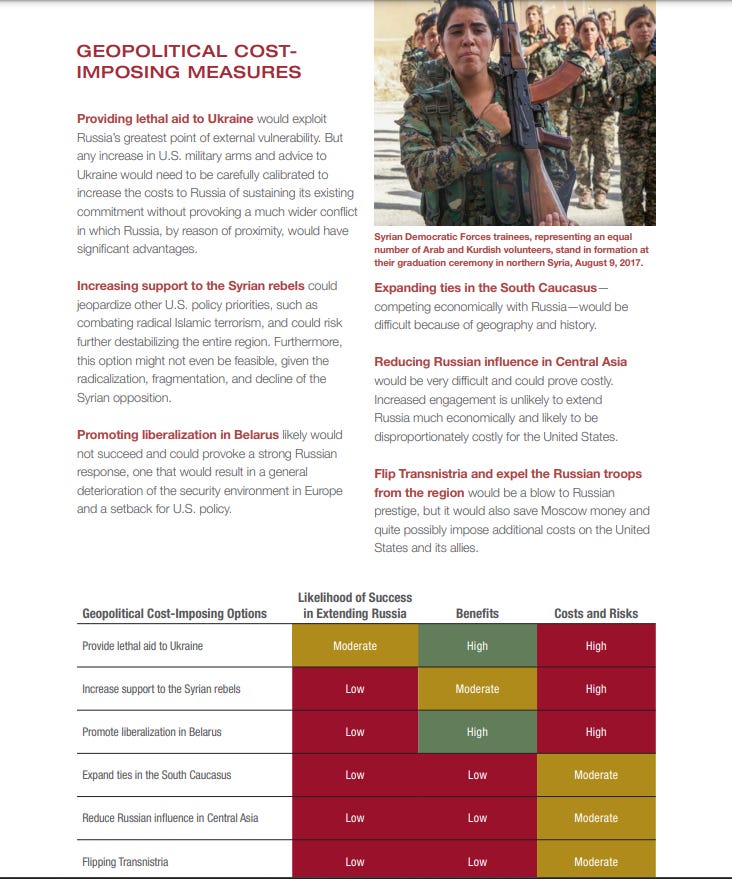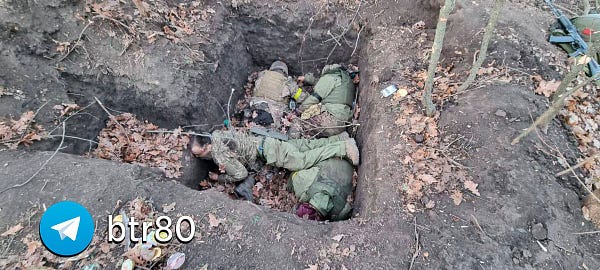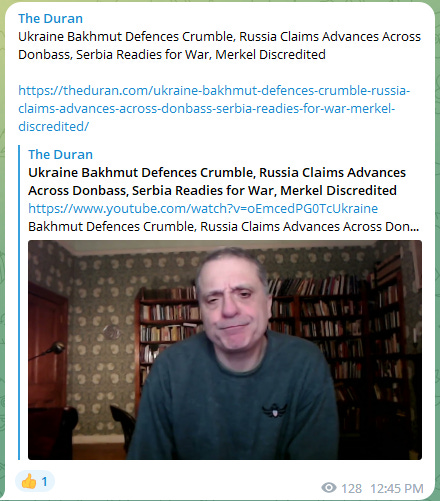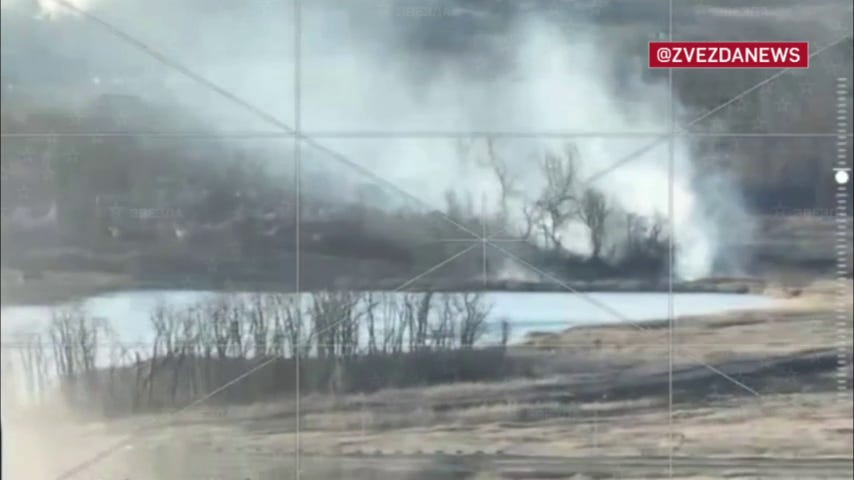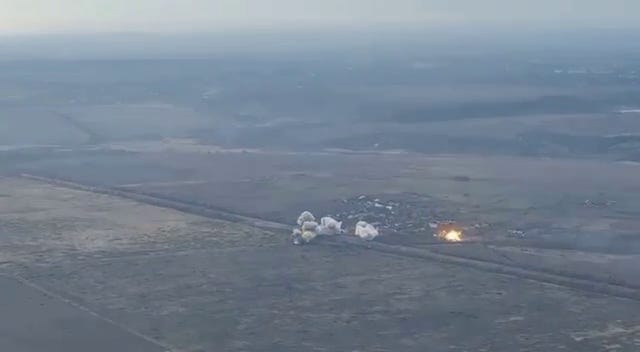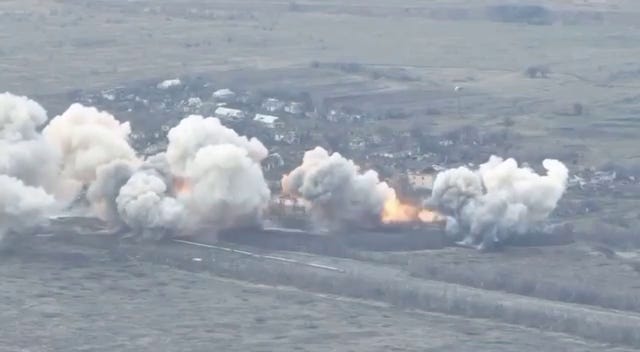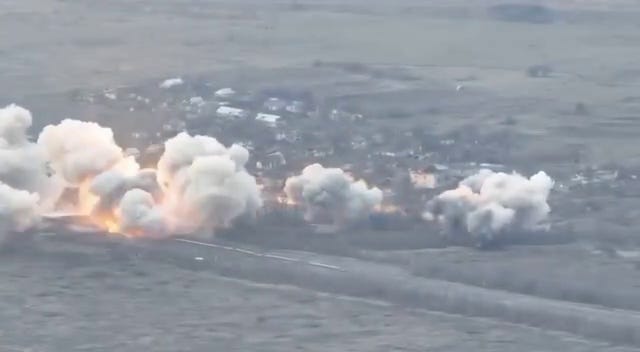This is one of the best interview panels I’ve see as of late.
US Intelligence community & conflict with Russia – Ray McGovern, Alexander Mercouris & Glenn Diesen
Remarks by Benjamin Abelow, December 11, 2022
What follows is a welcome comment by Benjamin Abelow on a discussion held last Monday (Dec. 5) with Glenn Diesen, Alexander Mercouris, and Ray McGovern. Ben is the author of the recent “How the West Brought War to Ukraine” (see: www.BenjaminAbelow.com ) Abelow’s remarks follow:
AN UNBELIEVABLY GOOD DISCUSSION
This is really one of the very best discussions I’ve heard about the Ukraine war, US-Russia policy, and the like, with three very smart and well-informed persons. It features, especially, Ray McGovern, but the other two have brilliant things to say as well.
Briefly, McGovern (aside from having a wonderfully dry sense of humor) is a 27-year CIA veteran, now retired. He ran the Russia desk in the CIA’s analytic (information gathering and analysis) wing (as opposed to their “operations” wing), and was personal briefer to the president during Reagan’s presidency. On his retirement, he was awarded the CIA’s Intelligence Commendation medal, which he returned in protest over the CIA’s use of torture. In 2003 he co-founded VIPS — Veteran Intelligence Professionals for Sanity — to warn the U.S. president that the intelligence he was receiving on Iraq was fraudulent, though his warnings were not heeded and Iraq was invaded on false pretexts. Among the members of VIPS is William Binney, who served at the NSA as a senior technical director.
The first part of the discussion provides a thorough debunking of Russiagate. In that context, let me say to my progressive friends that McGovern himself is a liberal and has stated that he considers Donald Trump to have been a horrifically bad president. That said, I highly recommend to everyone (regardless of political affiliation) that you listen to the first 15 minutes. But then the interview / discussion moves on to other topics — also brilliantly. This discussion is so good that it really could take the place of a Saturday-night movie on Netflix.
Even if you hate consuming content in video or audio, the first 15 minutes are really special:
“Overextending and Unbalancing Russia“
The US playbook for Neoconservatives and Liberal Interventionists, The 2019 Rand Report, reads like a menu. Rather than how can we coexist, it’s how can best crush Russia. While many think we care about Ukraine, it’s all about bleeding Russia at the cost of Ukraine lives.
The summary is linked above. The actual report is 350 plus glorious pages of shitty stuff we can try.
Who remembers when we could be like brothers?





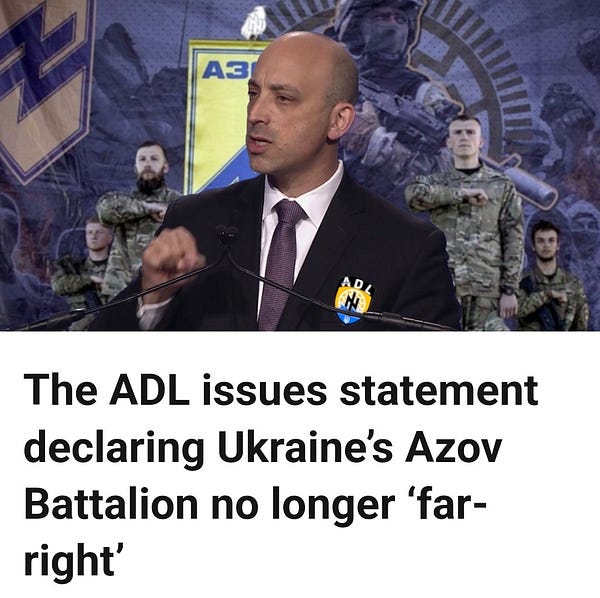
Angela Merkel on the Minsk agreements:
5 March 2015: "If the Minsk Agreements are seriously violated, European leaders and the European Commission stand ready to prepare and impose new sanctions."
October 20, 2016: “We discussed a work process that has many sides and that needs to be taken into account when working on topics such as security, political process. And this should continue within the framework of the roadmap for the various steps of the Set of Measures for the Implementation of the Minsk Agreements. And that's progress."
February 18, 2017: Minsk is all we have. Unfortunately, I cannot say that all points of the Minsk agreements have been fulfilled. A long-term ceasefire is needed. My opinion is that we shouldn’t throw away the only thing we have.”
March 17, 2017: “I was very pleased to learn that the US administration and the president personally are committed to the Minsk process. We need to find a solution to this problem. A safe and secure solution must be found for Ukraine, but relations with Russia must also be improved as the situation becomes clearer. The Minsk agreements are a good basis, but, unfortunately, we have not yet reached the process we expected. However, in the coming months, we will continue to work on this issue together with our experts.”
May 20, 2017: "The issue of security, as presented in the Minsk agreements, is a prerequisite for further progress in the political process."
September 2 2017: “In the field of security policy in Europe, we must do everything to improve our contacts again. This includes the implementation of "Minsk". If this works out, then we would have a starting point for even more and more intensive dialogue.”
April 10, 2018: “We discussed the situation that is developing in connection with the implementation of the Minsk agreements. Despite the complexity of the situation, we must not relax efforts, because we are talking about people. Germany and France will continue to look for a way out of the situation together with Ukraine and the Russian Federation.”
August 18, 2018: “We must work to find a solution. This concerns, firstly, the issue of Ukraine. We've been working on this for quite some time now. The basis is and remains - it is the Minsk Agreements. Although it must be stated that we do not yet have a stable truce.”
November 1, 2018: “If there is progress, then we can ease these sanctions. Unfortunately, now the situation is such that the “Minsk agreements” are not observed. If something is done, then only a millimeter forward and immediately back. Germany will also advocate the continuation of these sanctions.”
December 10, 2019: “There is a question, is this document set in stone, or can it be changed. After all, there are certain proposals by President Zelensky to change it. <...> We hope that this document will again be flexible, and it will be revived.”
December 7, 2022: “The Minsk agreements of 2014 were an attempt to give Ukraine time. It used this time to become stronger, as you can see today. Ukraine 2014-2015 is not Ukraine today. <...> It was clear to all of us that the conflict was frozen, that the problem had not been resolved, but this gave Ukraine precious time.”
InfoDefenseENG (https://t.me/InfoDefenseEn)
Diplomats representing several Eastern European countries in Paris made a demarche in response to Emmanuel Macron's recent statements about security guarantees for Russia in the new European security architecture, Reuters reported.
According to the interlocutors of the agency, representatives of the Czech Republic, as well as Latvia, Lithuania, Poland, Slovakia and Estonia delivered a written demarche to the directorate of continental Europe of the French Foreign Ministry on December 12. The British agency does not have official confirmation of this information.
It is reported that last week the draft document was handed over by representatives of the Czech Republic to the capitals of other EU countries. According to Reuters, it criticized the idea of negotiations with the Russian Federation on European security issues, since Moscow had previously allegedly demonstrated that its goal in this dialogue was to split and weaken Europe.
Earlier, Macron, in an interview with TF1 TV channel following his visit to the United States, said that the future European security architecture should provide guarantees for Russia. According to him, this issue will be part of the discussions about peace, so we need to think about how France and the EU can protect their allies and at the same time provide the Russian Federation with security guarantees at the moment when they return to the negotiating table. At the same time, Macron stressed that he did not see military options for resolving the Ukrainian conflict, and said that the only way out of this situation was through negotiations.
https://t.me/tass_agency/171677
@Slavyangrad
Join SLG 🔺 Intelligence Briefings, Strategy and Analysis, Expert Community






